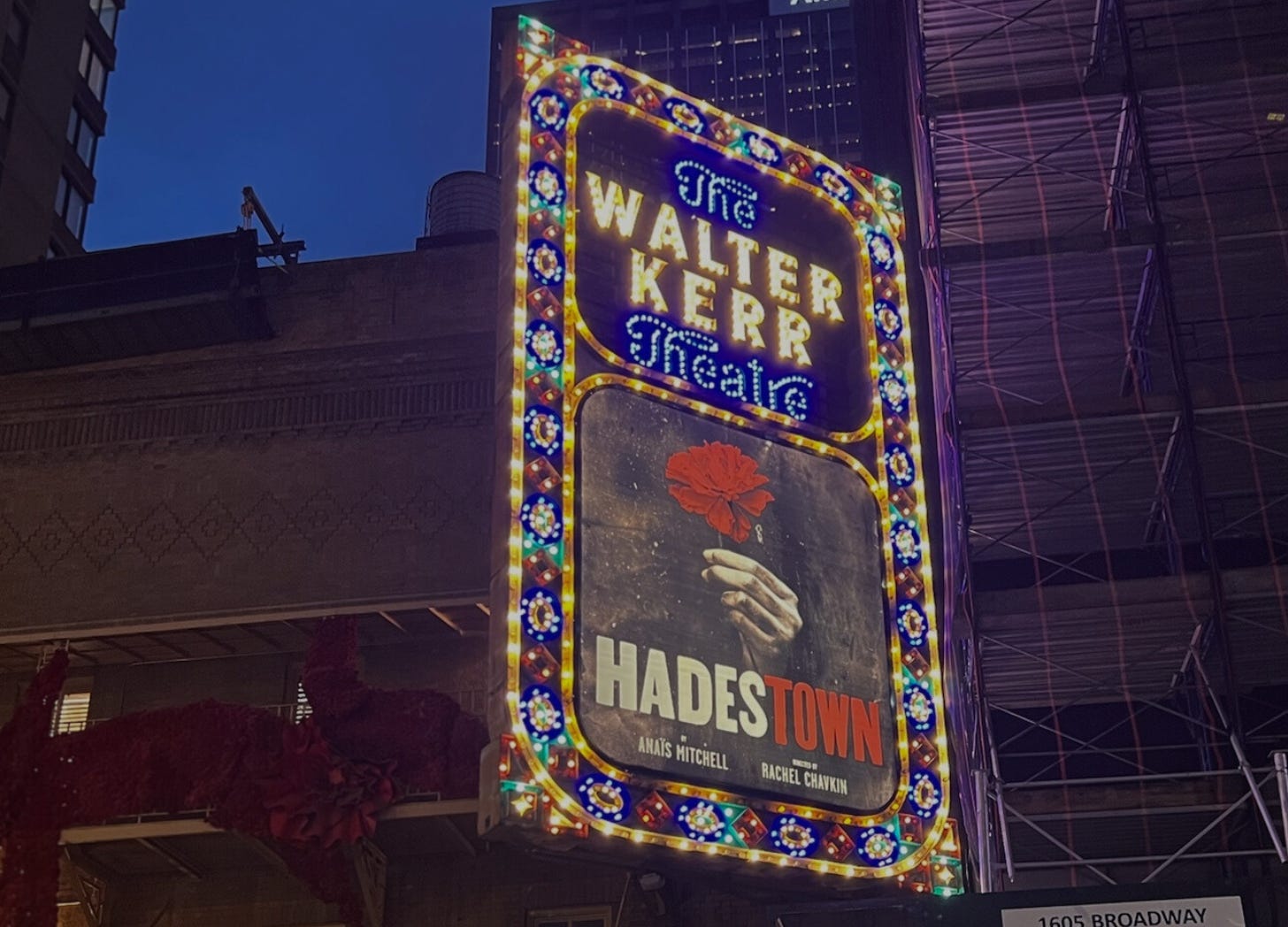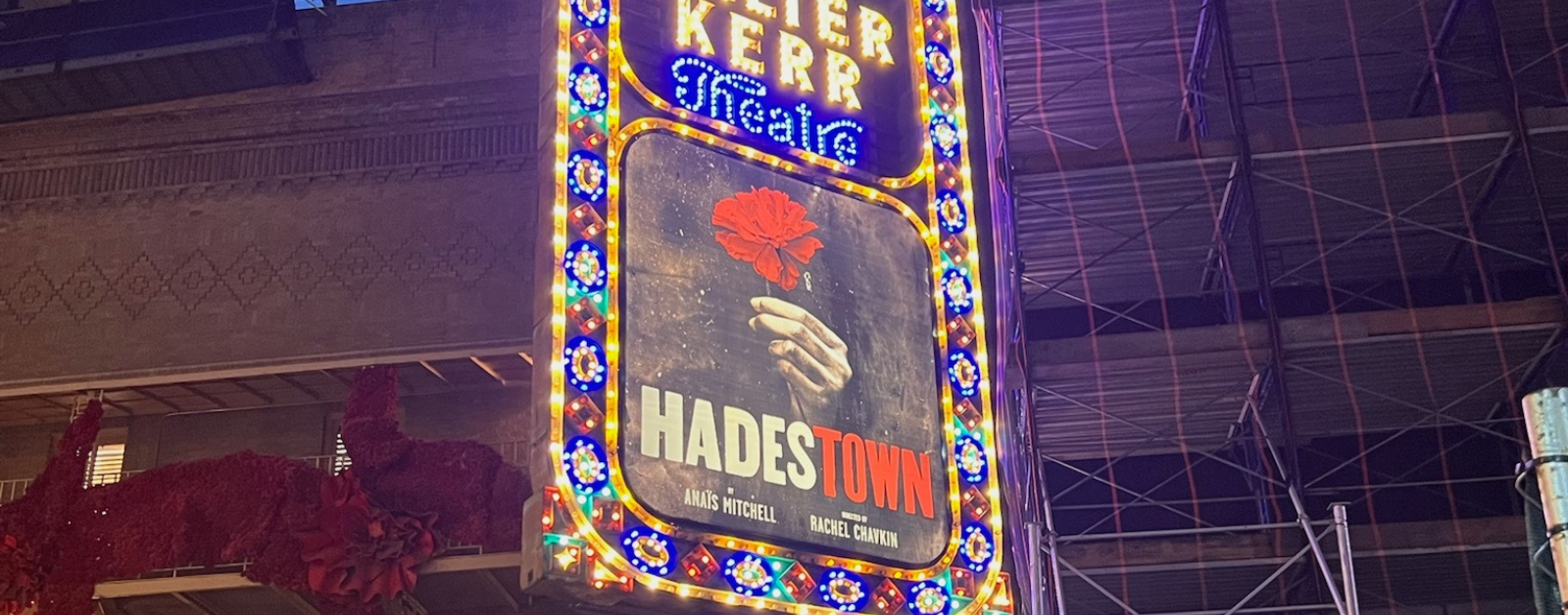I didn’t give a great answer to a question I received at an event a few weeks ago. During the question and answer time at the Church of the Incarnation in Dallas, Texas, one person asked, “What do I do if I’m in survival mode?”
It was an anonymous question, so I don’t know any of the details behind it. I don’t know if survival mode came because of a hard diagnosis or crisis. Or if survival mode arose out of the daily challenge of little humans who need their noses wiped and fingernails clipped alongside our own bodies and souls that need attention and care.1 Or if survival mode has to do with existential angst over our political moment or a sick family member or climate change or a crisis of faith.
What I do know is that all of us find ourselves in survival mode sometimes, and when we are there, it can feel endless.
In Dallas, I gave a vague answer that left me unsatisfied.
Ask for Help
What I wish I had said was,
“When you find yourself in survival mode, ask for help.”
Tell someone that you aren’t okay. Pray honest prayers of anger or lament or disbelief. Cry out—to God and to humans. Let yourself not be okay, and assume that there are other people who can, and will, and will want to, come alongside you.
Allow something from outside the closed system of your own efforts to enter in, to be with you in the hardship of it all, and, eventually, to help break open new possibilities.
The Inevitable Cycle of Survival Mode
I took our son, William, to see the musical Hadestown for his birthday last year.

It’s a beautiful, moving, haunting story based on the Greek myth of Orpheus and Eurydice. What struck me most about it was the Greek understanding of fate. There’s a tragic cycle that continues again and again. There’s an inevitability to the suffering of life. There’s no way out.
This way of thinking contains a deep truth. Things fall apart. We seem doomed to repeat our worst mistakes. We pass along pain from generation to generation. And when we live within a closed system, when there is no room for God, no room for love, no room for hope, that cycle of ultimate despair (with moments of joy and beauty along the way) is all we’ve got.
The Possibility of Hope
But there’s another way of thinking about how the world works, where hope is possible, where love can break into the repetitive cycles of dishes and diapers and broken bodies and animosity and hurt. This way of thinking opens up the circle of fate to the possibility of redemption and repair. It’s this way of thinking that gave rise to the oft-quoted line, “The arc of the moral universe is long, but it bends towards justice.”2
When we find ourselves in survival mode—feeling stuck, hopeless, and without the time or energy to do anything to change our circumstances—there are little things we can do to make things better. We can give thanks. We can take one minute to pray. We can take five minutes to consider the next right thing and do it.
We Need an Interruption
But the most important thing we can do is ask for help. Ask for an interruption to the cycle. Let grace break in. Let ourselves not be able to figure it out and make it work and persevere. Let ourselves receive what we need.
When we are in survival mode, we need an interruption. We need love to break into the cycle of heaviness and hopelessness. When we are in survival mode, we need help.
For Christians, this week is Holy Week, the week in which we remember and reenact the story of a God who came to earth in order to enter into the brokenness and hopelessness of this human life, to suffer with and for us, and to break open possibilities for new life through love.
If you are in survival mode, this is exactly the right time to ask for help and wait for love to break through.
Let’s stay in touch. Subscribe to my newsletter to receive weekly reflections that challenge assumptions about the good life, proclaim the inherent belovedness of every human being, and envision a world of belonging where everyone matters. Follow me on Facebook, Instagram, and YouTube and subscribe to my Reimagining the Good Life podcast for conversations with guests centered around disability, faith, and culture.



